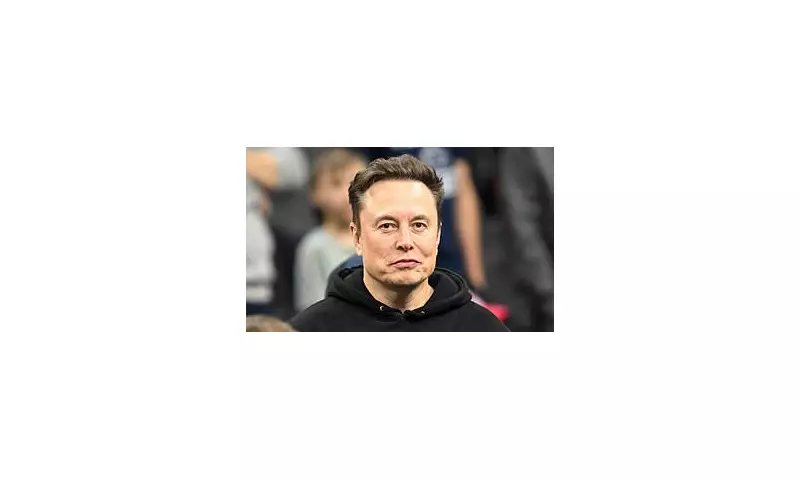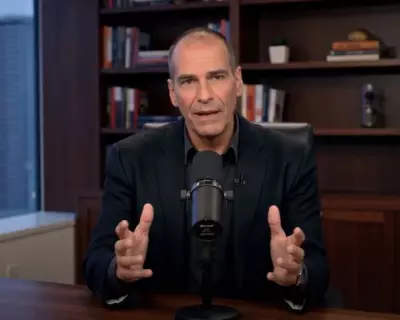
In a dramatic move that's set social media ablaze, tech mogul Elon Musk has publicly announced he's terminating his Netflix subscription following inflammatory comments made by a television creator about conservative commentator Charlie Kirk.
The Controversial Accusation That Sparked the Fallout
The firestorm began when a Netflix series creator took to social media platform X (formerly Twitter) to accuse Charlie Kirk, founder of conservative organisation Turning Point USA, of employing what they described as 'nazi rhetoric' in his political commentary. The explosive allegation quickly gained traction online, catching the attention of one of the platform's most prominent users.
Elon Musk, never one to shy away from controversy, responded directly to the situation with characteristic bluntness. The SpaceX and Tesla CEO declared he would be cancelling his Netflix subscription in protest, framing the creator's comments as an attack on free speech principles.
Musk's Stand for Free Speech Principles
This isn't the first time Musk has positioned himself as a champion of free expression. Since acquiring Twitter and rebranding it as X, the billionaire has repeatedly emphasised his commitment to protecting open dialogue, even when it involves controversial viewpoints.
His decision to cancel Netflix represents more than just a personal boycott—it's a public statement about the boundaries of acceptable discourse and the consequences when those boundaries are crossed according to his perspective.
Broader Implications for Streaming and Content Creation
The incident raises significant questions about:
- The relationship between content creators and their employers
- The boundaries of personal social media use for industry professionals
- The growing influence of high-profile individuals like Musk on corporate policies
- The ongoing debate about free speech versus responsible discourse
This controversy emerges amidst increasing scrutiny of how streaming platforms handle political content and the personal conduct of their creators. As audiences become more polarised, companies like Netflix face mounting pressure to navigate the complex landscape of political expression while maintaining their subscriber base.
The fallout serves as a potent reminder of how quickly personal opinions expressed online can escalate into major corporate and public relations challenges in today's hyper-connected digital landscape.





